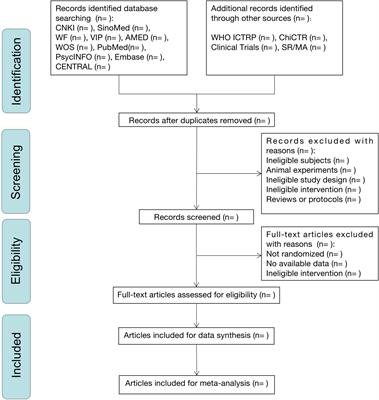EDITORIAL
Published on 27 Mar 2024
Editorial: Behavior support for people with dementia
doi 10.3389/fpsyt.2024.1389668
- 702 views
8,679
Total downloads
33k
Total views and downloads
EDITORIAL
Published on 27 Mar 2024
ORIGINAL RESEARCH
Published on 08 Dec 2023
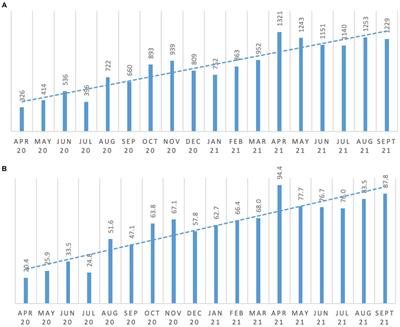
ORIGINAL RESEARCH
Published on 08 Aug 2023
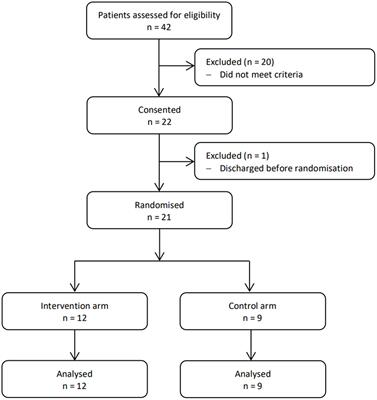
SYSTEMATIC REVIEW
Published on 31 May 2023
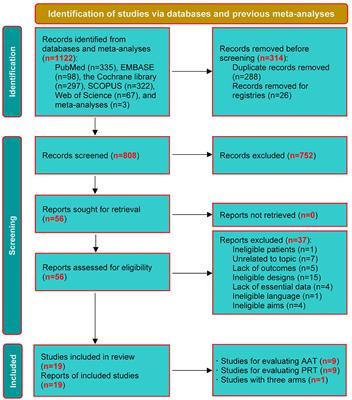
ORIGINAL RESEARCH
Published on 15 May 2023

ORIGINAL RESEARCH
Published on 25 Apr 2023
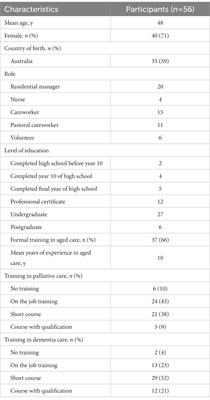
SYSTEMATIC REVIEW
Published on 12 Apr 2023
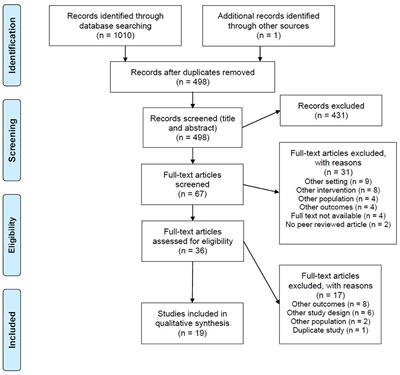
ORIGINAL RESEARCH
Published on 01 Mar 2023
STUDY PROTOCOL
Published on 29 Nov 2022
